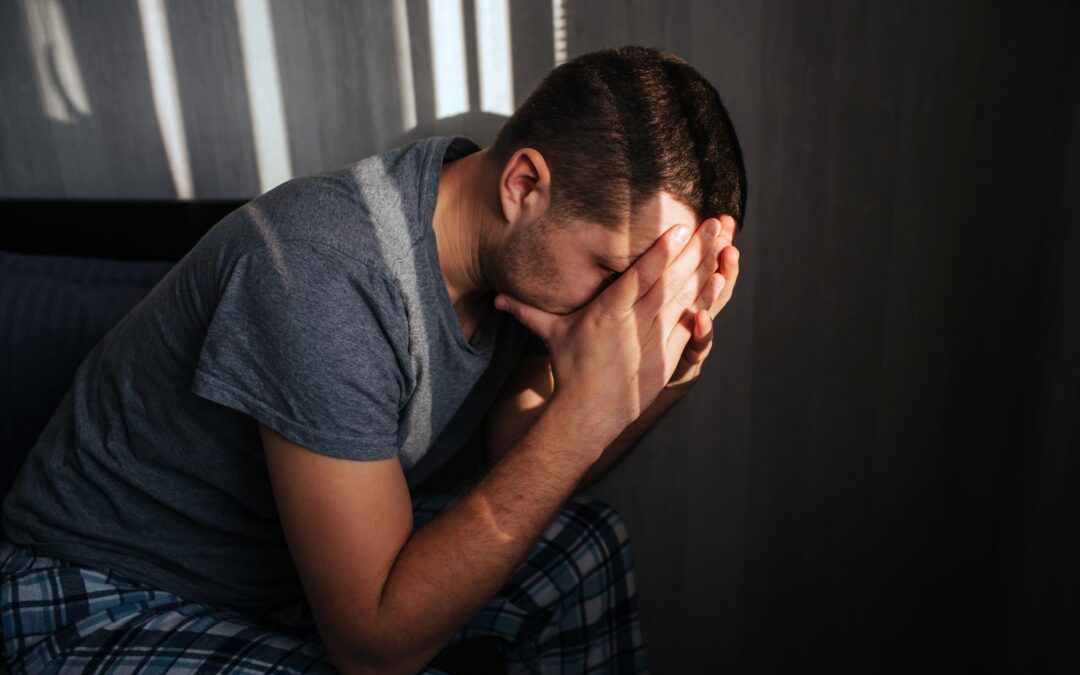As our population ages, a hidden crisis grows alongside it: substance abuse among the elderly. While addiction is often associated with younger generations, older adults are increasingly vulnerable to developing substance use disorders. This often-overlooked issue carries serious consequences, including physical and mental health decline, social isolation, and increased risk of mortality.
Why Substance Abuse in Seniors is a Problem
There are several key reasons why substance abuse in older adults is a serious concern:
- Misconceptions and Underdiagnosis: Society often minimizes substance use concerns in the elderly, assuming it’s less severe than in younger populations. This can lead to underdiagnosis and delayed treatment.
- Age-Related Changes: Our bodies become more sensitive to drugs and alcohol as we age. This puts older adults at risk of severe side effects and overdose, even with moderate consumption.
- Social Isolation and Loneliness: Loneliness, common in older adults, can be a powerful trigger for substance use as a means of coping with negative emotions.
- Increased Medication Use: The elderly often take multiple medications, increasing the risk of harmful drug interactions when combined with alcohol or other substances.
Types of Substance Abuse Affecting the Elderly
- Alcohol Abuse: Alcoholism is a significant problem among older adults. Late-onset alcoholism (starting after age 65) is becoming more prevalent and is often linked to life changes such as retirement, grief, and health problems.
- Prescription Drug Misuse: Misuse of opioid pain medications, sedatives, and anti-anxiety drugs is widespread. Easy access to prescriptions and underestimation of their addictive potential can fuel this problem.
- Over-the-Counter Medication Abuse: Seemingly harmless OTC medications like sleep aids or cough syrups can be misused by older adults, sometimes inadvertently.
Signs of Substance Abuse in the Elderly
Spotting addiction in seniors can be tough, as the signs may be misattributed to aging or other health conditions. Keep an eye out for:
- Changes in Mood and Behavior: Increased irritability, anxiety, depression, or withdrawal from social activities.
- Unexplained Falls or Accidents: A sign of intoxication or declining coordination.
- Poor Hygiene or Unexplained Neglect: Self-care declines when addiction takes priority.
- Memory Problems or Confusion: Substance abuse can exacerbate cognitive issues.
- Doctor Shopping or Overuse of Medications: Seeking prescriptions from multiple doctors or running out of medications early.
Helping an Elderly Loved One with Substance Abuse
If you suspect your elderly loved one has a problem, broach the subject with compassion and sensitivity. Here’s how to help:
- Educate Yourself: Learn about addiction in the elderly. You can find resources on the Advanced Addiction Center website: https://advancedaddictioncenter.com/.
- Talk to them: Express concern without judgment. Choose a quiet time and emphasize your support.
- Seek Professional Help: Consult their doctor or contact a specialized addiction treatment center like the Advanced Addiction Center: https://advancedaddictioncenter.com/.
- Join Support Groups: Groups like Al-Anon offer resources and support to families of those struggling with addiction.
Treatment Options for Older Adults
- Specialized Treatment Programs: Find programs specifically tailored to geriatric addiction. These address age-related factors and co-occurring mental health issues.
- Therapy: Addiction therapy addresses underlying triggers and equips the older adult with healthy coping mechanisms.
- Medication-Assisted Treatment (MAT): Helps manage withdrawal and reduces cravings in certain cases.
- Age-Appropriate Support Groups: These groups provide a safe space to connect with peers in recovery.
External Resources
- SAMHSA National Helpline: 1-800-662-HELP (4357) [SAMHSA’s National Helpline | SAMHSA: https://www.samhsa.gov/find-help/national-helpline]








